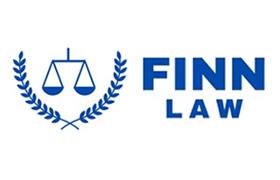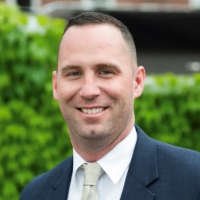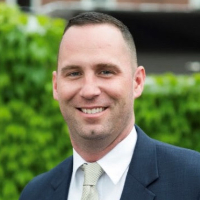 Albany County, NY Felony Lawyers
Albany County, NY Felony Lawyers
Sponsored Law Firm
-
 x
x

Click For More Info:
-
Finn Law Offices
12 Sheridan Ave. Albany, NY 12207» view mapAccident & Injury and Criminal Defense Action-Oriented Legal Advocacy
At Finn Law Offices, our attorney relies upon his experience and dedication to protect your rights in a personal injury, employment law, criminal defense or civil rights case.
800-872-6030
Not enough matches for Albany Felony lawyer.
Below are all Albany Criminal lawyers.
Sponsored Lawyers
1-10 of 19 matches
Accident & Injury, Civil & Human Rights, Employment, Criminal, Business
Attorney Ryan Finn of Finn Law Offices has worked for big law firms and he knows how they approach a legal conflict. He is well known and well respected by state and federal judges and prosecutors based in New York. However, once he is your lawyer, his focus is on you, and only on you. “Team Finn” is relentless in our commitment to you. We mean what we say and say what we mean. We will help you understand your legal circumstances thoroughly, so you can make the best decision on how to proceed. You will be under no pressure to take a plea deal, accept a settlement or take a case to trial just because it might be easier for us. What matters is that no matter what you decide, you will be confident that our attorney can provide you with the results for which you’re hoping.
(more)


 Ryan M. Finn Albany, NY
Ryan M. Finn Albany, NY AboutFinn Law Offices
AboutFinn Law Offices

